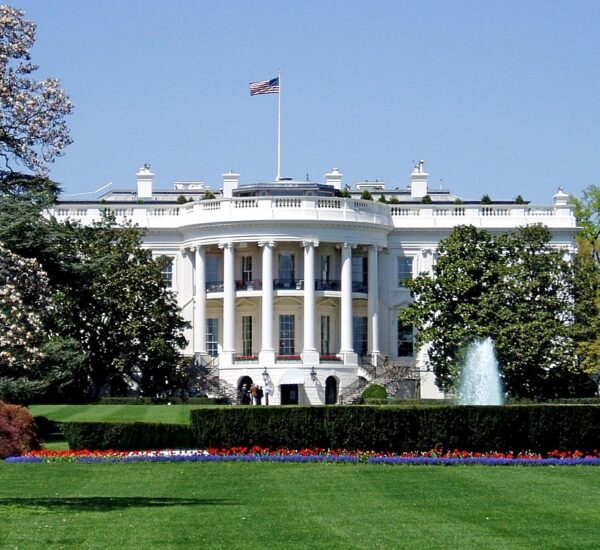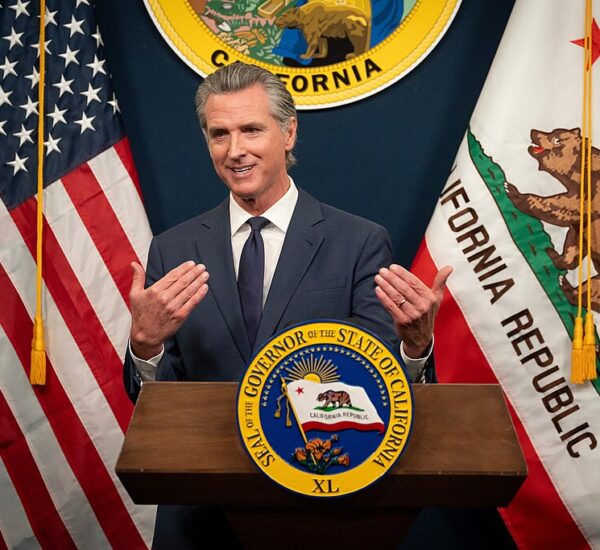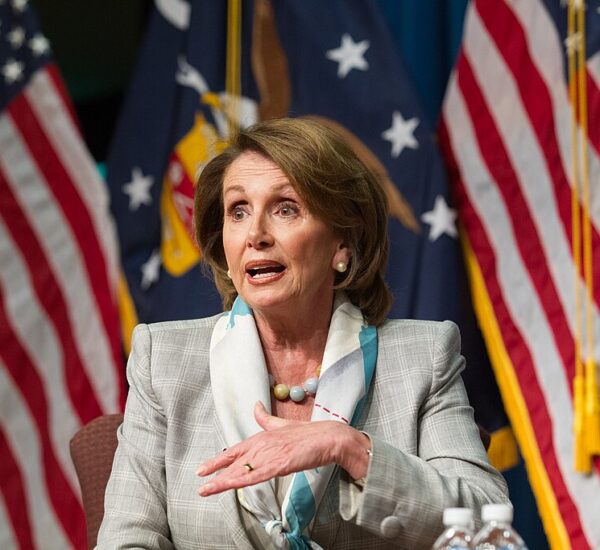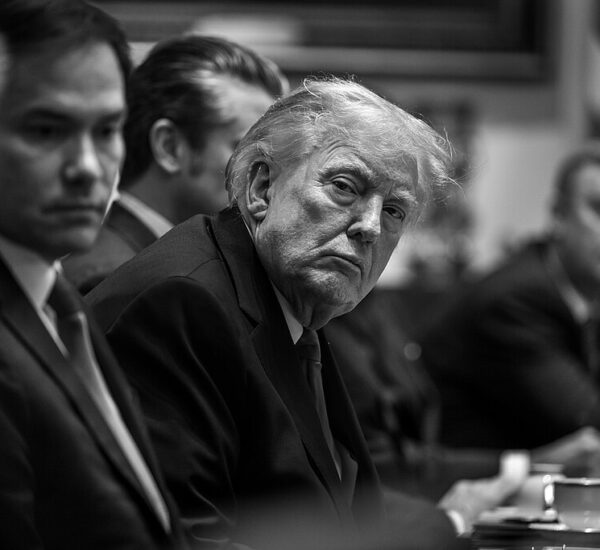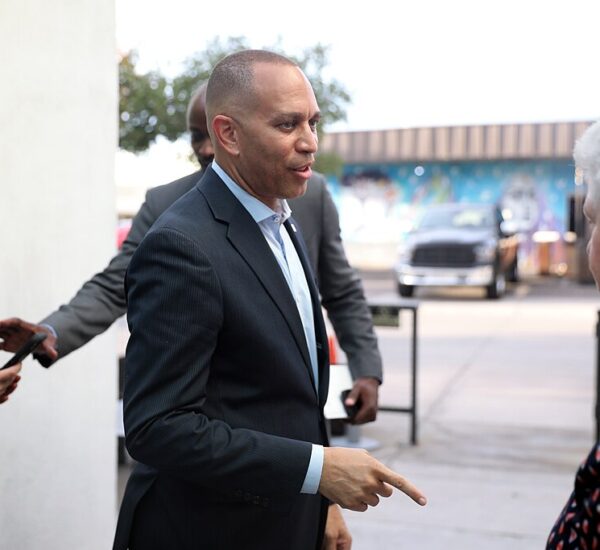Biden Loses All Support
As President Joe Biden nears the end of his presidency, it’s clear that his time in the White House is winding down with little fanfare. While the media spotlight is mostly taken up by former President Donald Trump—who has already dominated headlines with his second Cabinet announcements, interviews, and meetings with foreign leaders—Biden’s presence on the public stage has become increasingly muted.
Biden has spent much of his final months abroad, embarking on several international trips while attempting to negotiate a ceasefire in Gaza and providing increased aid to Ukraine. Despite these efforts, his public appearances have largely been overshadowed by Trump, who, despite not officially returning to office yet, has already inserted himself into key political discussions and garnered attention for his involvement in year-end government funding negotiations.
Republican critics have long pointed out Biden’s tendency to avoid public scrutiny, especially when it comes to press conferences. GOP strategist Doug Heye commented on Biden’s absence from the press and how his international travels, such as a trip to Africa, were largely devoid of media access. Biden’s low-profile approach contrasts starkly with Trump’s media-savvy, as Trump has continued to make waves in both domestic and international politics, often attracting more attention than the sitting president.
The lack of enthusiasm within the Democratic Party only adds to the sense of a presidency in decline. Even within his own party, there is a growing sense of resignation, with many Democrats feeling disillusioned and eager for a change, regardless of the looming prospect of a second Trump presidency. According to some Democratic insiders, there’s a palpable feeling that the Biden administration, despite its early successes, simply didn’t deliver in the most important areas—most notably, winning the election. Biden’s pardoning of his son, Hunter Biden, just before Christmas further soured the mood within his party, leaving many Democrats frustrated and disappointed with how his presidency has ended.
Despite these challenges, the White House continues to push forward with its foreign policy goals. However, Trump’s visibility and influence have made it difficult for Biden to command the media’s attention in the way that past presidents, like Barack Obama in 2008, did as they prepared for their transitions. Trump’s public appearances, such as attending the Army-Navy game, have kept him in the spotlight, while Biden’s absence has left many wondering if he will be able to define his legacy in the closing days of his term.
Some Democratic strategists, such as Adam Abrams, argue that Biden still has time to shape his legacy, but that would require him to step into the spotlight more intentionally. However, with the nation’s attention increasingly focused on Trump’s return to power, it seems unlikely that Biden’s final moments in office will command the kind of media focus he might have hoped for.
In the end, the story of Biden’s presidency is one of lost opportunities and fading relevance. His legacy, for better or for worse, is being overshadowed by the man who’s poised to take the White House once again. And for many Republicans, that’s a sign of what’s to come: a return to strength, leadership, and a clear vision for the future. Biden’s departure will likely be remembered not as a triumphant end, but as the closing chapter in a presidency that failed to inspire even his own party.


